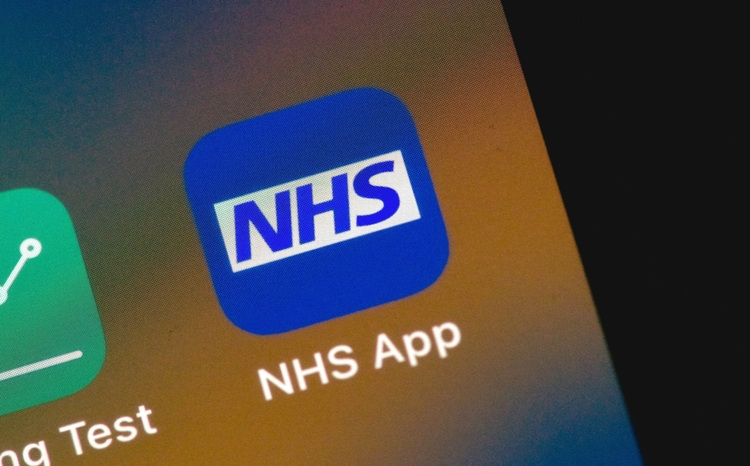National appointment booking line scales up
- 13 December 2005
The national Choose and Book Appointments Line (CABAL) is now handling about 6000 calls a week with about three quarters of them patients calling about a new appointment.
The latest figures from Dilip Chakrabati, national director for booking and choice, show that use of the service is growing rapidly. It is likely to increase further once the NHS distributes 9 million leaflets to the public in Januray, publicising Choose and Book and the national CABAL number.
He expects the service to expand rapidly and has plans to increase the number of call handlers to 250 based in three sites: Southampton, Chatham and Milton Keynes. CABAL already has the capacity to route calls to and from local NHS call centres to cope with peaks in demand.
Speaking at a conference organised by the Health Service Journal, Mr Chakrabati said the next test would be the introduction of choice of four or five providers. “The focus until now has been to get the core service up and running. Now we will have to examine how we support patient pathways.”
Link
Choose and Book passes 50,000 mark




